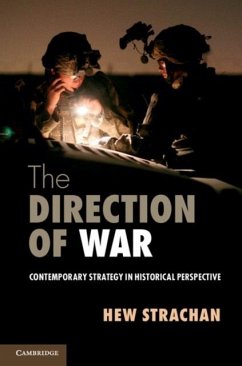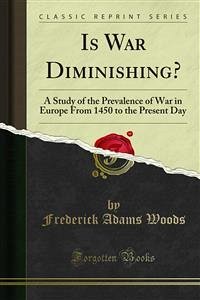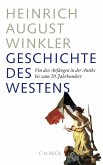The wars since 9/11, both in Iraq and Afghanistan, have generated frustration and an increasing sense of failure in the West. Much of the blame has been attributed to poor strategy. In both the United States and the United Kingdom, public enquiries and defence think tanks have detected a lack of consistent direction, of effective communication, and of governmental coordination. In this important book, Sir Hew Strachan, one of the world's leading military historians, reveals how these failures resulted from a fundamental misreading and misapplication of strategy itself. He argues that the wars since 2001 have not in reality been as 'new' as has been widely assumed and that we need to adopt a more historical approach to contemporary strategy in order to identify what is really changing in how we wage war. If war is to fulfil the aims of policy, then we need first to understand war.
Dieser Download kann aus rechtlichen Gründen nur mit Rechnungsadresse in A, B, BG, CY, CZ, D, DK, EW, E, FIN, F, GR, HR, H, IRL, I, LT, L, LR, M, NL, PL, P, R, S, SLO, SK ausgeliefert werden.









